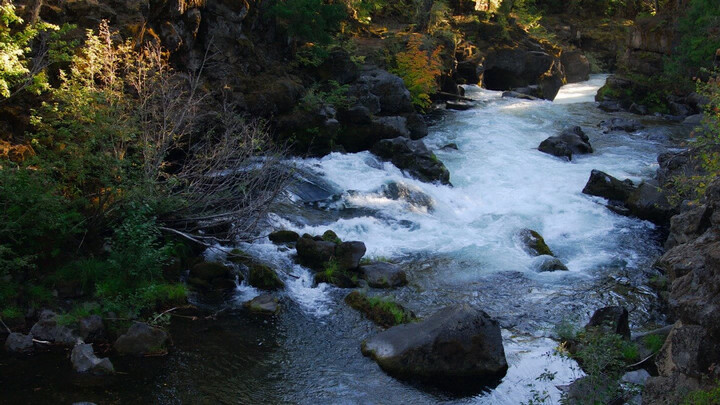Salmon Climate Impacts Portal released
June 14, 2024

PCIC is proud to announce the release this month of the Salmon Climate Impacts Portal (SCIP). This online tool enables users to locate, visualize, summarise, and download summary data describing projected changes to salmon exposure in the freshwater environment within the BC Coastal domain. The data provided takes the form of indices describing exposure to various streamflow and water temperature hazards over annual, monthly and daily time scales.
The changing climate in British Columbia (BC) is expected to affect various hydrological factors pertinent to salmon growth, survival, and habitat interconnectivity, leading to changes in species distribution at broad spatial scales. To provide information that can be used to support actions to protect wild salmon and their habitats, researchers from the Pacific Climate Impacts Consortium (PCIC), in collaboration with scientists from the Department of Fisheries and Oceans Canada (DFO), have recently completed a project to better understand how climate change may affect terrestrial freshwater environments in which salmon populations are found.
The results of this research, including flow and thermal exposure indicators for historical and projected future freshwater hazards, are available through the new SCIP, to aid in conducting regional population- and watershed-based exposure summaries.
Go to the Salmon Climate Impacts Portal
Watch a seminar on the research behind the Portal and a demonstration of the tool

